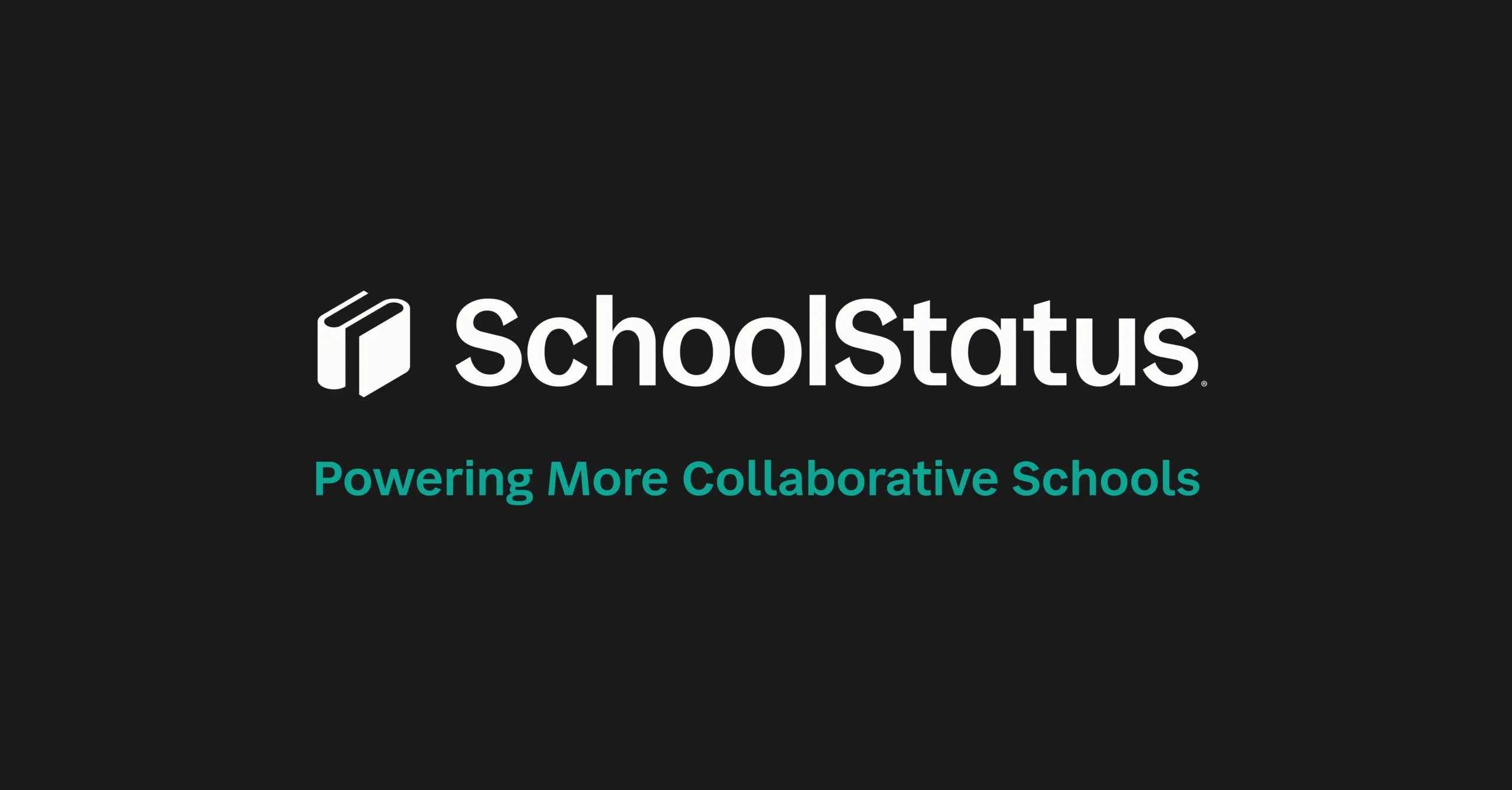


A coach’s impact relies heavily on their support both in and out of their organization. Shelby Denman, Coordinator for Professional Learning a Forney ISD, offers some advice for instructional leaders on how they can support, develop, and retain ICs.
I
started in my first instructional coaching position almost eight years ago as the first (and only!) instructional coach on campus and in the district. Both excited and nervous, I began by seeking to learn all I could about instructional coaching. I tried to connect with other coaches, read books, and did a lot of research but ended up learning the most by trial and error. Over time, I positively impacted both teacher development and student learning.
Fast forward eight years, and I’m in a role where I’m fortunate to support almost twenty instructional coaches across our district. Instructional coaches are needed in education now more than ever. Because of this urgent need, coaches must receive early, intentional support themselves to help increase their capacity—this is especially true for individuals who are just transitioning into the role of a coach.
The following are practical ways school leaders can support new instructional coaches as they transition into the role.
Clarity
To be successful, an instructional coach needs clarity. Outlining the role can help everyone—teachers, administrators, and coaches—see the big picture and how they each fit in. To assist with this, we have a handbook available to all stakeholders to clearly and widely communicate its content, the role of the principal, learning specialist, and teacher, and each of their key areas of impact on campus.
Reducing confusion surrounding expectations can help increase the coach’s confidence and lead to a more successful implementation of the coaching program.
One way to accomplish this is to provide an evaluation and goal-setting tool for the coach to receive feedback on their progress. The rubric we use shows how the evaluation and the goal-setting process can be combined to help support the coach throughout the year. Clear expectations and a path to reach those expectations help support continued growth.
Leadership
Leadership for the coach can come from either campus or district leadership, or both. In my experience, there are two different layers of leadership needed. One should outline accountability for the coaches, providing and communicating expectations and how the coach will be evaluated.
Joellen Killion outlines the other in Taking the Lead the role of the advocate. This person serves as a liaison between internal district stakeholders and advocates for a coach’s needs.
Having an advocate to support the coach provides a foundation for a more successful coaching program. Why? Because the perspectives of the district’s instructional coaches can be brought into focus for those less familiar with coaching. Plus, coaches have an individual with whom they can go directly to with needs or concerns, allowing them to be more quickly met.
Connection
Coaches need to be able to connect with and learn from one another. A district or campus can support instructional coaches by creating pathways for them to connect with other coaches. This could be provided in-district, by hosting weekly or bi-weekly meetings, or out-of-district, by establishing collaborative cohorts of coaches in a given area. When they’re together, coaches should be allowed to collaborate with and encourage one another.
In our district, instructional coaches (called learning specialists) meet together weekly at a centralized location on Fridays. These Friday meetings are responsive to the needs of the teams but generally follow this agenda format. Time is allocated for focused growth and addressing practical items, and for collaboration within and across grade level spans. This protected time off-campus has been instrumental in the instructional coaches learning from and with one another!
There are also many groups for instructional coaches to connect via social media and regional service centers. Helping to connect new coaches with the larger body of instructional coaches can reduce the isolation and loneliness associated with the position while simultaneously providing opportunities for collaboration.
Mentorship
Even the most experienced coach could benefit from using a mentor as a sounding board. Just imagine how much more of an impact mentorship can have on a new coach! Mentors should be available to meet the specific needs of the coach by providing one-on-one individualized support. You can establish this by connecting coaches with other more veteran coaches or providing a coach whose primary responsibility is to coach the coaches. Mentors should understand the coach’s needs and have the skillset and availability to help provide timely support.
Great mentors possess the following qualities: empathy, experience, wisdom, and alignment to the values and practices of the program. In a growing program, having established coaches who understand and are familiar with the district’s processes can be of great value for new coaches.
Opportunities for growth
Many instructional coaches were once great classroom teachers, but the skill set of a classroom teacher is not entirely the same as that of a coach. Coaches need the opportunity to develop and refine their skills in the act of coaching. Instructional coaches should receive specific training before starting the role and continue as embedded learning opportunities throughout the year.
In our district, new coaches go through the onboarding process in the summer before starting as a coach. During this time, they’re exposed to our instructional coaching manual and are familiarized with our coaching expectations and the coach’s role. Then, time is set aside to work with both campus administrators and district administrators.
Opportunities for continued growth are created through coaching cohorts and book studies. Coaching cohorts are designed to be content-specific learning groups under the direction of an experienced facilitator, who work and learn together across a semester on a specified topic.
Book studies that center around coaching and building the coach’s toolkit are particularly meaningful uses of time. We’ve studied books such as Jim Knight’s The Impact Cycle and Paul Bambrick Santoyo’s Get Better Faster. These cohorts, Friday sessions, and book studies all embed authentic practice and feedback from coaching peers to make learning directly applicable for the coach.
Final note
With the looming threat of a national teacher shortage, instructional coaching is needed in schools now more than ever. The role of a coach is not only essential to teacher development, retention, and support, but its impact on student learning can be powerful. Proper support for the instructional coach helps establish the program and increase coach development and retention, positively impacting the district’s instructional coaching program as a whole and its instructional coaches as individuals.
About our Guest Blogger
Shelby Denman, M.Ed. is the Coordinator for Professional Learning at Forney ISD. She is passionate about partnering with teachers on their professional journeys, seeking justice and equality in education, and making learning memorable and fun! In her spare time, she can almost always be found drinking coffee, reading, and/or hanging out with her husband and two daughters.
Connect with Shelby on Twitter @shelbyndenman!
{{cta(‘352a410e-db79-4f33-a482-d301e8041965′,’justifycenter’)}}
Stay Connected
News, articles, and tips for meeting your district’s goals—delivered to your inbox.







